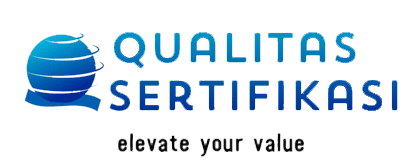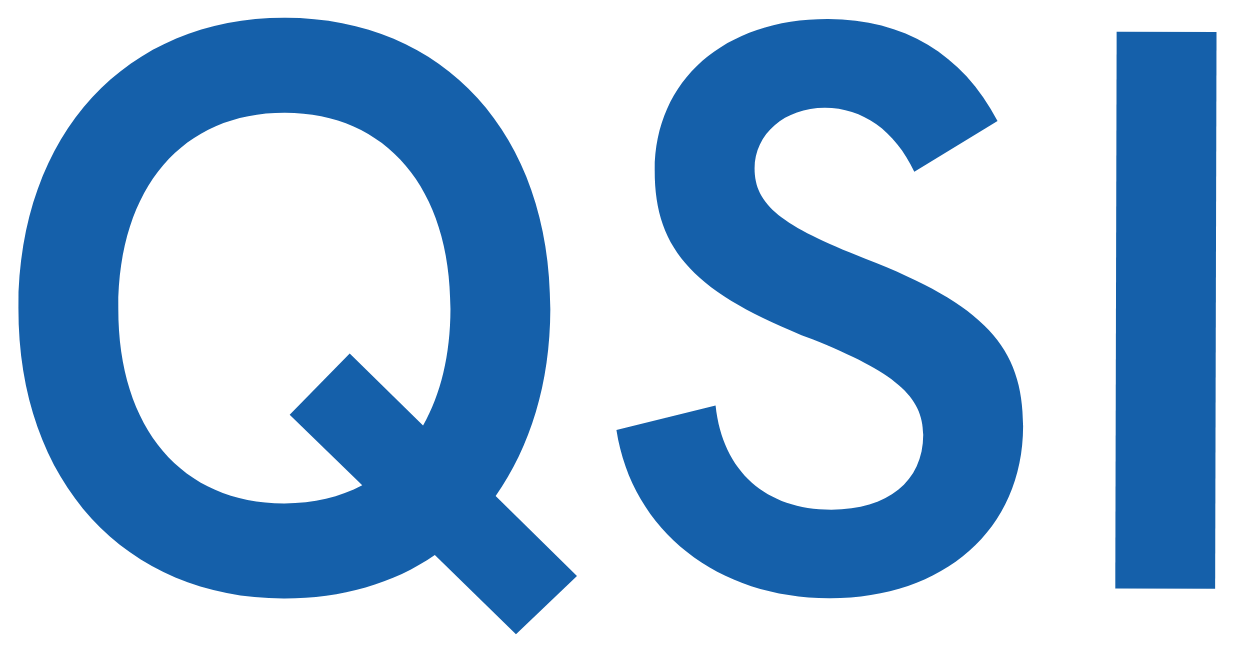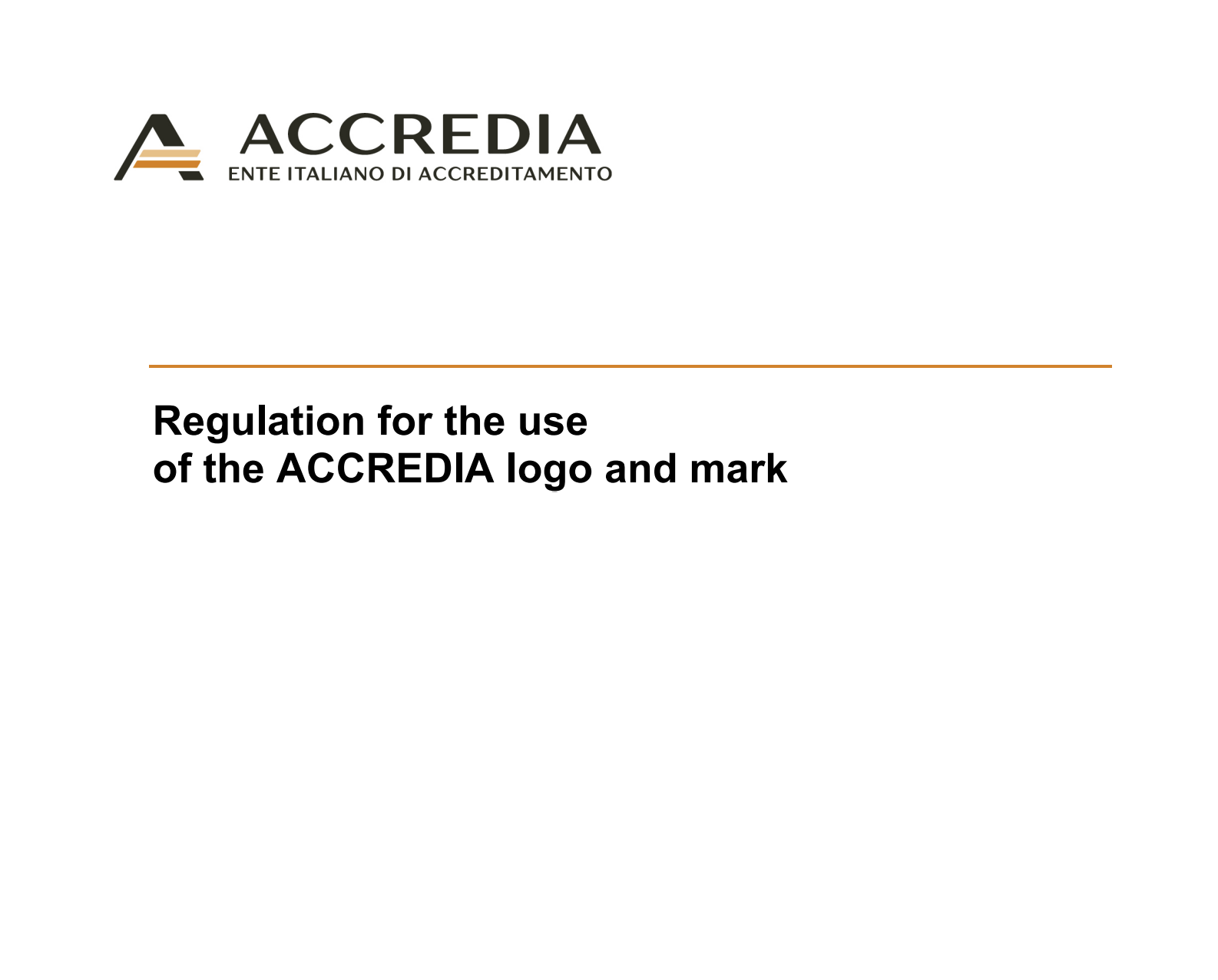Textile Exchange
standard overview
Textile Exchange is known for developing and managing a suite of standards and certifications that promote sustainability in the textile and apparel industry. These standards are designed to help companies verify and communicate their use of preferred materials, such as organic, recycled, or responsibly sourced fibers, while ensuring transparency and integrity in their supply chains.
standard owner
Textile Exchange is a global nonprofit organization that encourages the adoption of sustainable practices in the textile industry. Established in 2002, it collaborates with brands, retailers, manufacturers, and other stakeholders to reduce the environmental and social impacts of textile production.
For more detailed information, please visit the Textile Exchange website.
certification scopes 🎯
Global Recycled Standard
The Global Recycled Standard (GRS) and the Recycled Claim Standard (RCS) both certify recycled content in products. But GRS requires a minimum of 50% recycled content and including additional environmental and social requirements related to processing and chemical use.
Recycled Claim Standard
The Global Recycled Standard (GRS) and the Recycled Claim Standard (RCS) both certify recycled content in products. But GRS requires a minimum of 50% recycled content and including additional environmental and social requirements related to processing and chemical use.
Organic Content Standard
Verifies the presence and amount of organic material in a final product and its chain of custody.
Responsible Down Standard
Addresses the ethical sourcing of down and feathers, ensuring that they come from ducks and geese that have been treated humanely.
certification process 🔍
1. Fill the Application Form
Companies must complete and submit the application form with the necessary details
2. Application Review
The submitted application is reviewed to verify completeness and eligibility.
3. Complete the Audit Payment
Upon approval of the application, the company proceeds with the required audit payment
4. Plan the Audit
The audit schedule is arranged based on mutual agreement between QSI and the client
5. Conduct the Audit
An audit is performed to assess compliance with the relevant standards
6. Certification Decision
Based on the audit results, QSI decides whether to:
- approve, or;
- reject the certification.
If rejected, companies may follow the appeal procedure
7. Certificate Issuance
If approved, the certification is granted, and the certificate is issued.
documents
FAQs
got a question? 🤔
We are just one message away!
Contact Us








